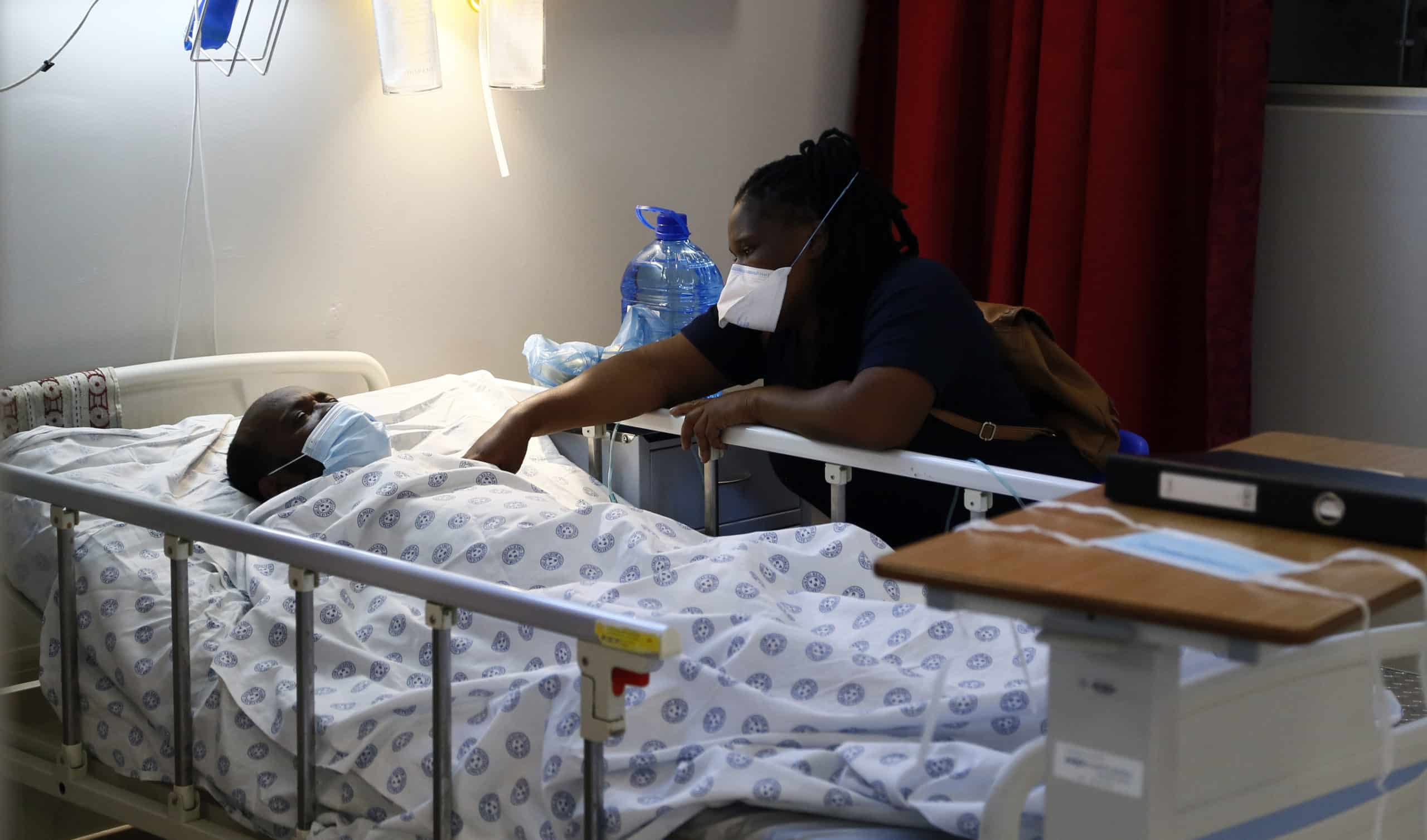South Africa’s National Health Insurance bill aims to bridge the gap between private and public healthcare sectors. However, concerns about impact on private medical aid coverage and potential for reduced innovation and employment within the healthcare sector have sparked confusion around its implementation.
South Africa stands on the brink of a significant transformation in its healthcare sector with the passing of the National Health Insurance (NHI) bill on June 14, surpassing the first legal obstacle to implementation. The legislation aims to bridge the gap between the private and public healthcare sectors, promising to bring equity to a system that has long been divided.
However, the bill has not been without its detractors, who express concerns about potential government inefficiency, the impact on private medical aid coverage, and the potential for reduced innovation and employment within the healthcare sector.
“Technically, I don’t think it’s feasible,” says Professor Alex Van den Heever, an expert on healthcare governance at the University of the Witwatersrand in Johannesburg, to FORBES AFRICA. “The aim is to ensure that somehow that both the public and private services are of an equivalent standard of care… and that is beyond the capacity of this government at this point in time.”
The South African healthcare system has been grappling with a stark divide for decades. Public healthcare infrastructure has been marred reportedly by poor service delivery and corruption, as evidenced by challenges in Tembisa Hospital procurement, the closing of Charlotte Maxeke Academic Hospital, and continued staffing and supply issues at Chris Hani Baragwanath Academic Hospital, to name a few.
Loading...
In contrast, private medical aid services have filled this gap, collaborating with private hospitals to provide world-class medical care, albeit at exorbitant rates. The cost of private healthcare has become a significant burden on the South African economy, with the average South African medical aid subscriber paying over $100 per month in a country where the average person earning minimum wage makes around $400 per month.
The NHI, first announced as part of the ANC ruling party’s national conference in 2007 and later introduced to Parliament in 2019, passed earlier this year. The legislation seeks to address the disparities between public and private health, envisioning a state-run medical insurance scheme that leverages both public and private facilities and resources, thereby ensuring that individuals seeking healthcare have access to the same facilities and benefits as those enrolled in private medical schemes.
“The issue we have with the current proposal of the NHI… is Section 33 of the bill, which states that once the NHI is fully implemented, medical schemes would no longer be allowed to provide any cover that is provided by the NHI,” said Discovery Health CEO Ryan Noach in an interview with BizNews last week.
Discovery Health accounts for 40% of South Africans with medical insurance. “It’s not because we have an aversion to government business, but rather because we believe their chosen contracting model doesn’t align with our fully integrated approach to administration and managed care services.”
The bill has raised several concerns among critics and private sector medical providers.
Further critiques include the vague wording of the bill itself, with little clarity as to the “basic healthcare services” to be rendered, and how it will be funded as per “mandatory prepayment”, neither of which are officially defined.
However, a government factsheet recently surfaced indicating that funding for the NHI might be sourced from a mandatory private income tax as well as payroll tax, without specifying what taxation rates might be levied. The 2015 whitepaper on the NHI provides possible indicative tax rates of payroll and personal income, ranging from 1% to 4% for payroll and a surcharge on taxable income across different scenarios over the next five years.
Van den Heever drives home the challenges of this method of financing for the NHI, stating that the 2015 whitepaper is threadbare and lacks crucial financial analysis. Moreover, payroll taxes and income surcharges are likely to place a further burden on an already strained tax base, the middle class – not high-income tax earners, who primarily earn through dividends and other instruments. “Tax dymanics come in to play,” says Van den Heever. “When you overburden your tax base and you increase tax rates too high, you actually get less revenue.”
Healthcare in South Africa is in need of improvement – the country currently spends around 8.5% of its Gross Domestic Product on healthcare, with the lion’s share of this funding going to private medical insurance–while such insurance services less than 20% of the population according to recent Council for Medical Schemes Data. This trend runs counter to global movements towards universal care and mirrors circumstances in countries such as the United States, where healthcare has become a prohibitive expense.
The NHI aims to correct this imbalance, aligning with the country’s commitment to Universal Health Care as part of the 2030 National Development Plan. However, experts such as Van den Heever do not believe that the NHI is the place to begin. “Nothing in the NHI proposals is going to change what’s going on… what the government wants to do is raise taxes and allocate that into the system, while they’ve done nothing about corruption.”
The South African government’s position remains firmly committed to the NHI’s implementation; “Government considers the passing of the NHI Bill by the National Assembly as a key milestone to ensure all the people of South Africa have access to the same clinic or hospital,” said Minister of Health Joe Phaahla in a recent press release.
However, there is as yet little clarity as to how this implementation will occur.
With historical inequality deeply ingrained in healthcare along economic and racial lines, it’s no question that the issue of health services in the country needs redress, as per rights declared in the country’s constitution. However, with a lack of clarity in law, the future of the bill once it becomes practice remains uncertain.
Loading...
